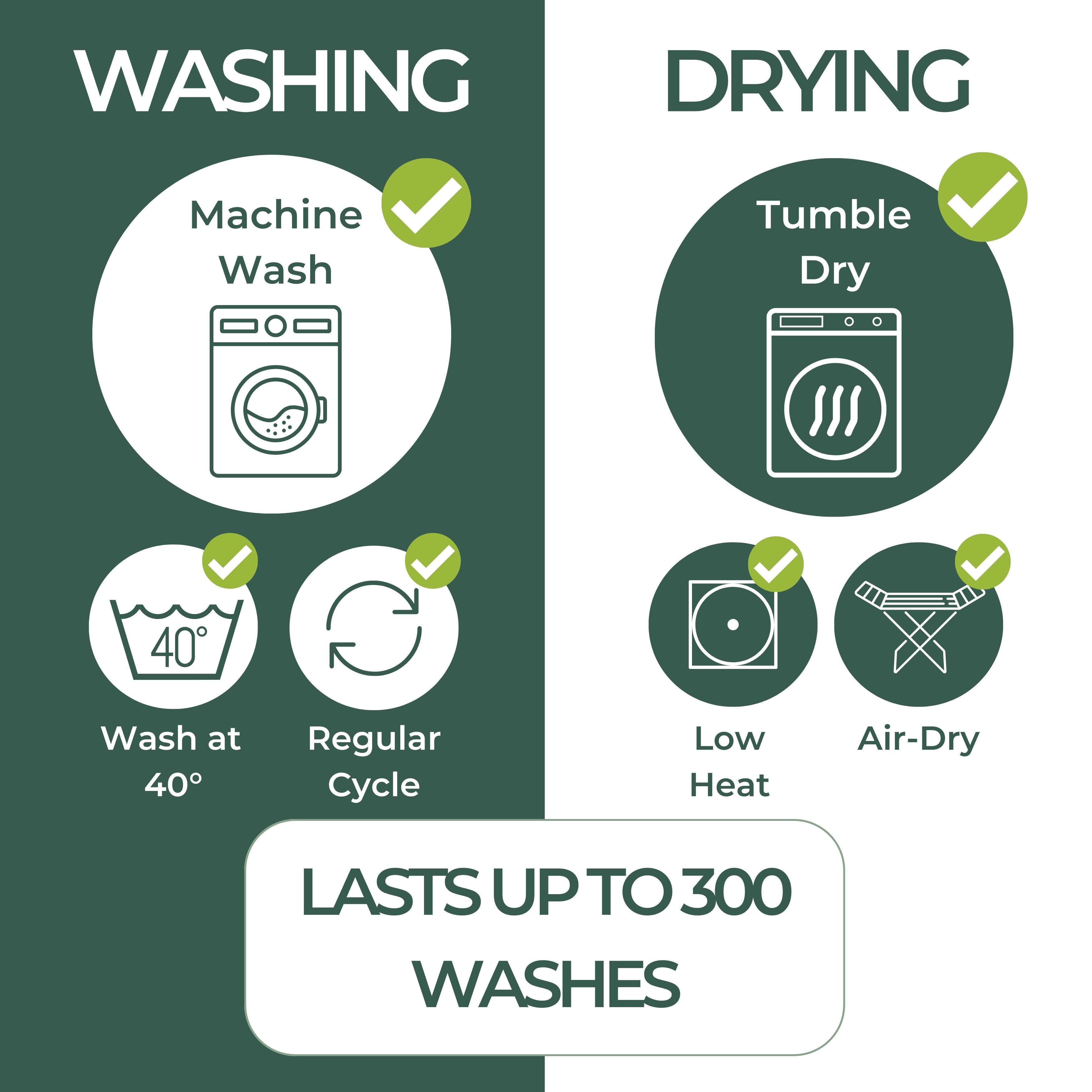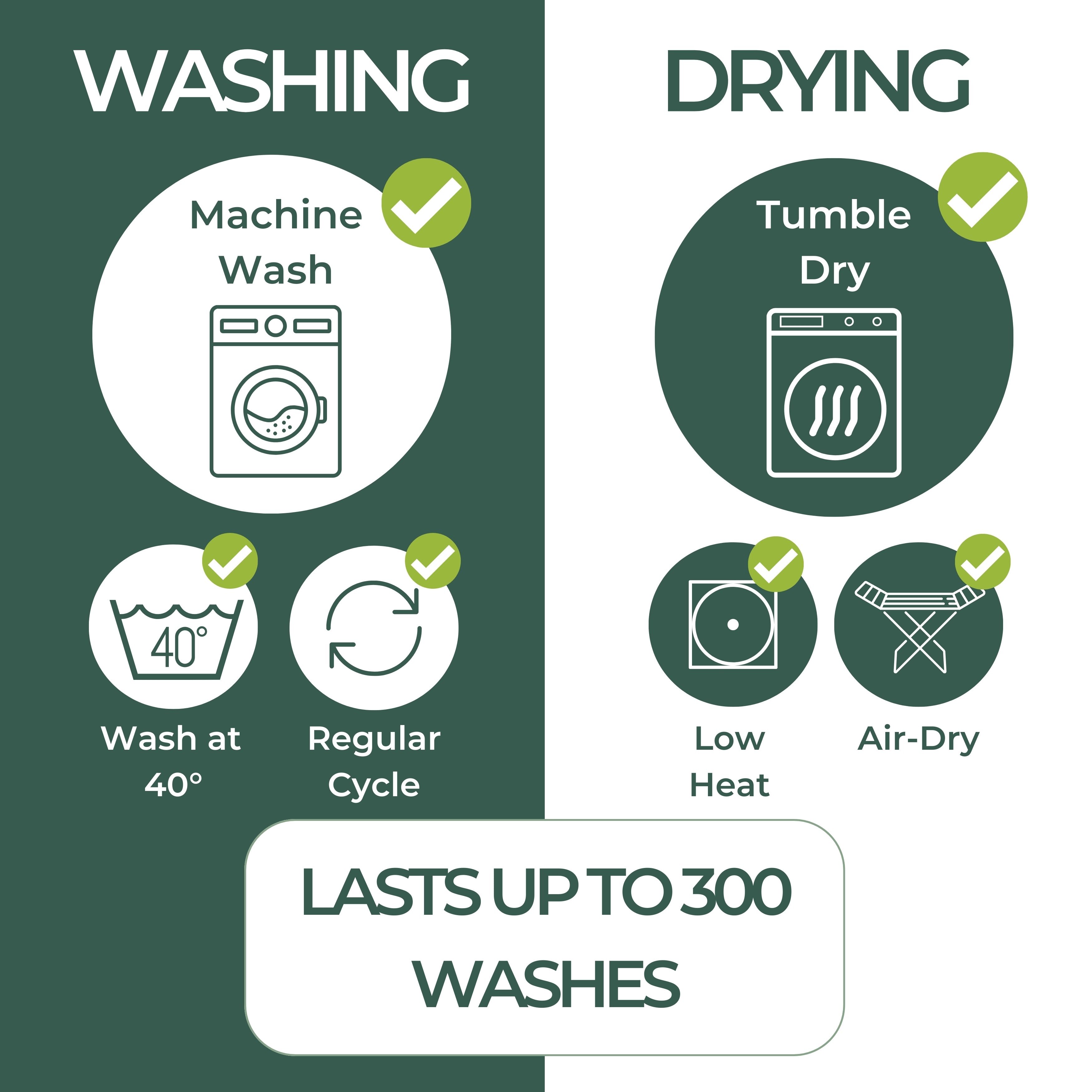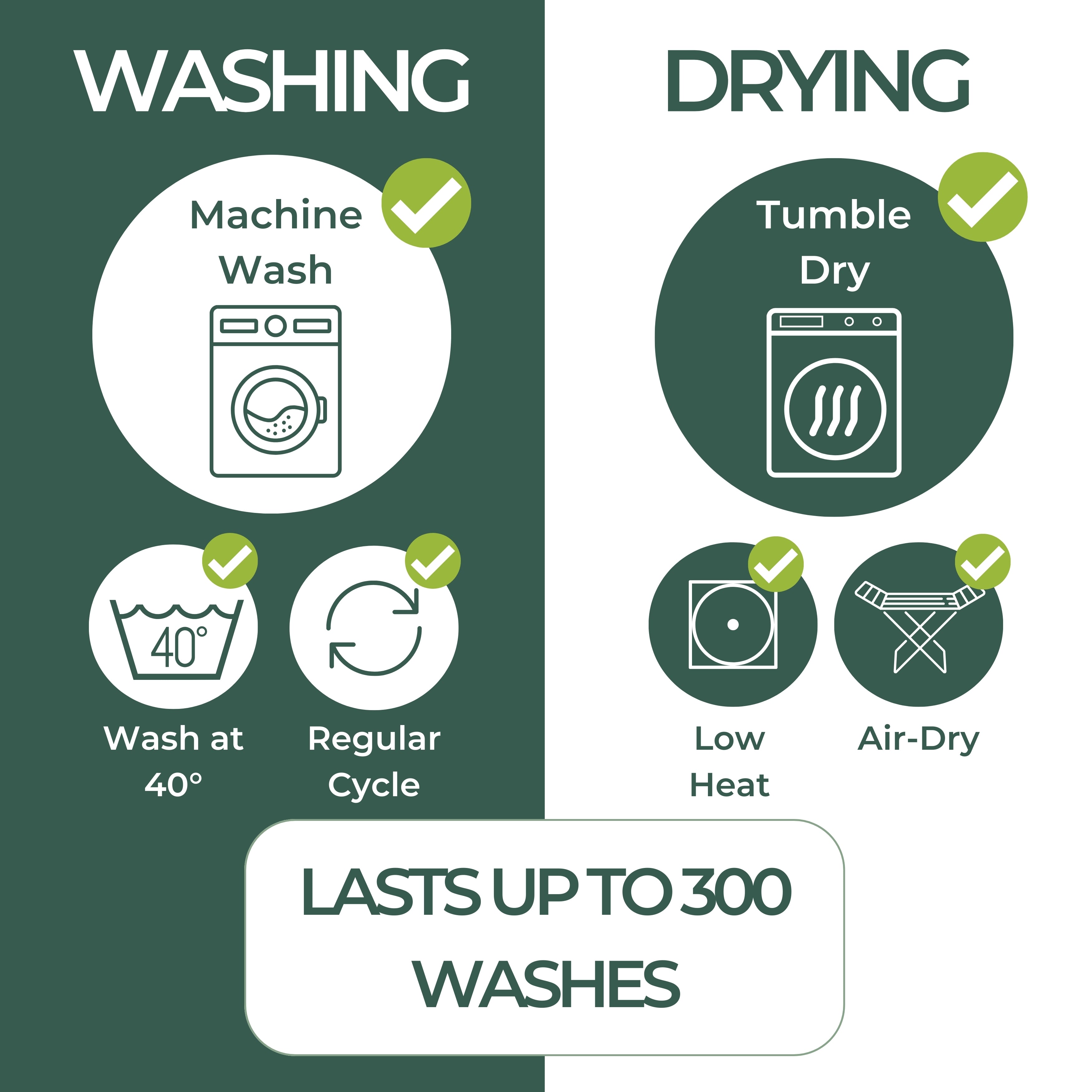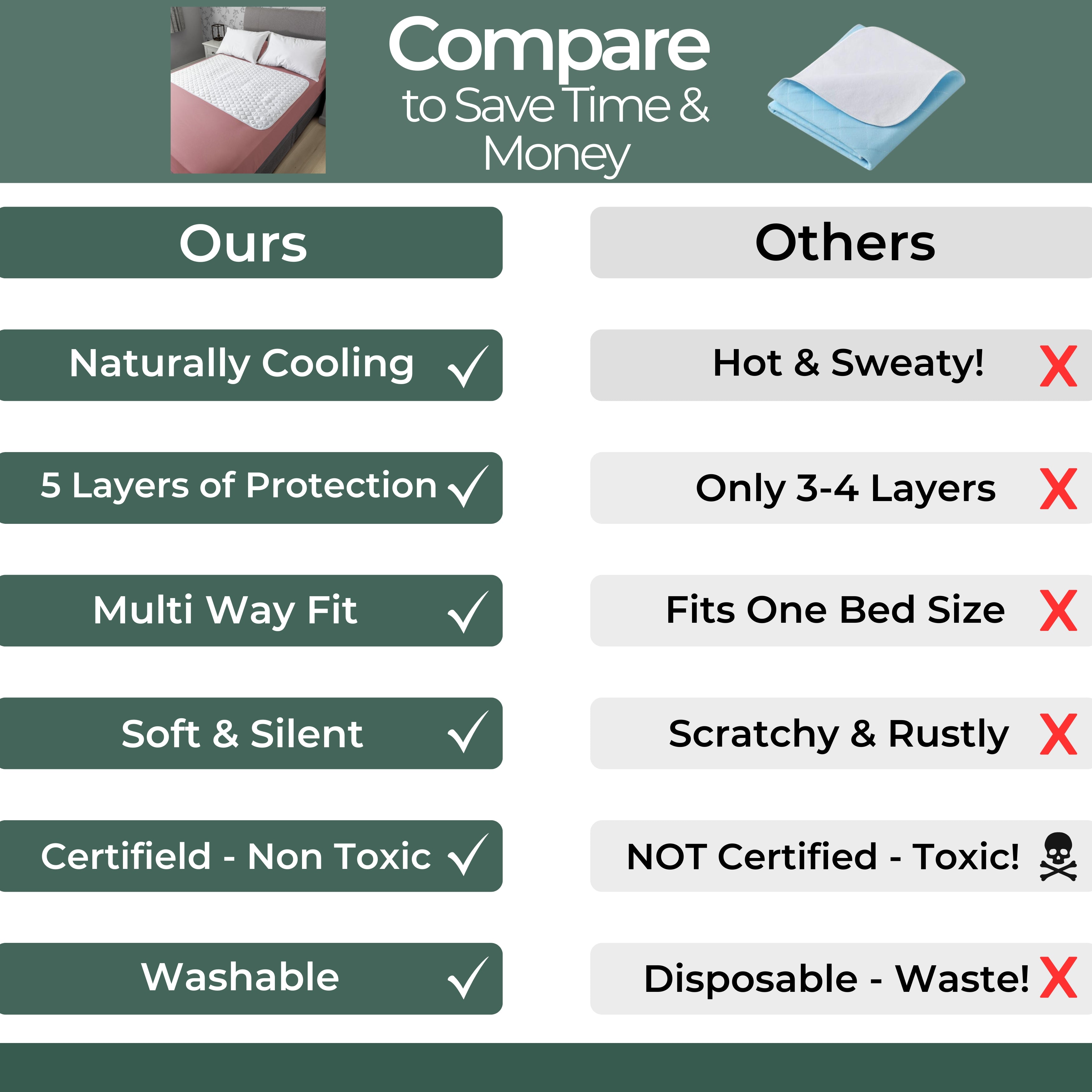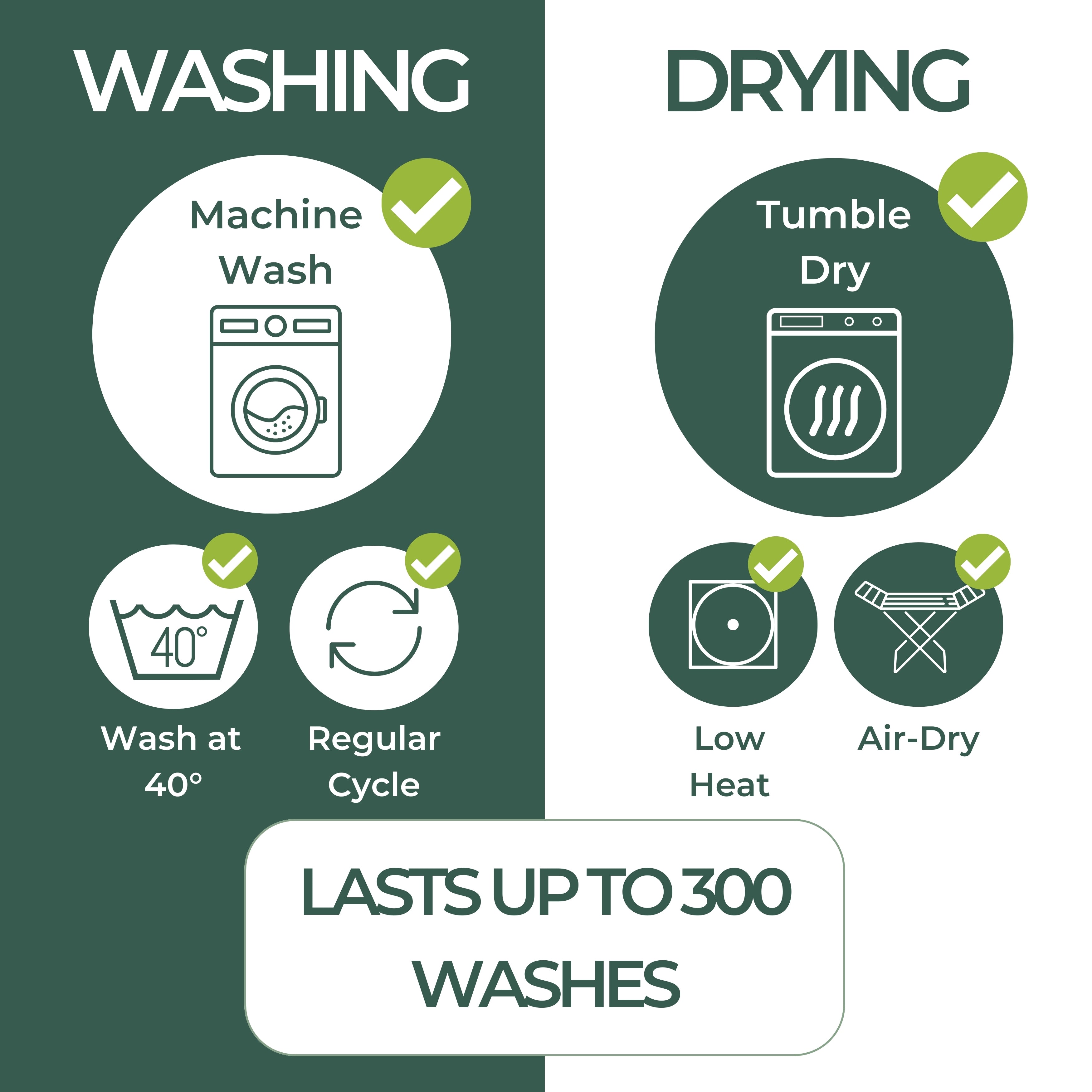Adult bedwetting can be a sensitive and challenging issue for the person experiencing it and for their loved ones. Many adults feel embarrassment, shame, or anxiety around bedwetting, and well-meaning reactions from partners, family members, or carers can sometimes make these feelings worse. With empathy, understanding, and practical support, you can help your loved one feel safe, respected, and empowered.
Approach the Topic with Sensitivity
Bedwetting is often a source of embarrassment, so it’s important to create a safe, non-judgmental environment. Avoid:
-
Jokes or teasing
-
Blame or criticism
-
Discussing the issue with others without their consent
Instead, use reassuring language like:
-
“I’m here for you.”
-
“We can figure this out together.”
-
“This doesn’t change how I feel about you.”
This helps reduce shame and opens the door for honest conversation.
Understand the Emotional Impact
Adult bedwetting can take a real toll on self-esteem and confidence. Your loved one may feel anxious about social situations or worry about attending family gatherings, and concerns about intimacy can leave them feeling isolated or embarrassed. They might also be hesitant to talk openly about their experiences, fearing judgment or misunderstanding. Recognising these emotions and validating them without immediately trying to “fix” the problem can make a significant difference, offering comfort, reassurance, and emotional support that helps them feel understood and less alone.
Offer Practical Support
Practical assistance can reduce stress and embarrassment:
-
Protect the bed: Use waterproof mattress protectors, absorbent pads, or disposable sheets.
-
Washing help: Offer to assist in washing bedding or sleepwear to reduce anxiety.
-
Routine support: Encourage or gently remind them of bathroom visits before bed if they request it.
-
Plan ahead: Keep spare pajamas or dry spare sheets handy to ease stress.
These small gestures show care while maintaining dignity.
Encourage Medical Guidance
Adult bedwetting can have a variety of underlying causes, including medical conditions like diabetes or urinary tract issues, sleep disorders, stress or anxiety, and even certain medications. Encouraging your loved one to speak with a healthcare professional gently and without pressure can be an important step in identifying the root cause and exploring appropriate treatment options. Offering to accompany them to appointments or simply being there to listen can provide valuable emotional support, helping them feel understood, reassured, and less isolated as they navigate what can often be a sensitive and challenging issue.
Maintain Emotional Safety, Connection and Intimacy
Maintaining emotional safety is essential when supporting a loved one with bedwetting, as shame and embarrassment can be amplified if they feel judged. Reassure them that bedwetting is not a reflection of their worth, normalise it as a medical condition rather than a personal flaw, and listen without criticism or unsolicited advice. Respect their privacy and let them decide how much they want to share with others. At the same time, focus on connection and intimacy, remembering that bedwetting does not define them. Continue to nurture your relationship through shared activities, hobbies, and routines, offer emotional reassurance, and maintain normal social interactions. By doing so, you help your loved one feel valued, accepted, and supported beyond their condition.
Recognise Signs and Respond Thoughtfully
Sometimes you may notice signs of bedwetting, such as wet bedding or extra washing. Respond discreetly and compassionately:
-
Avoid reacting with shock or frustration
-
Offer practical help quietly
-
Reinforce that your support is consistent, regardless of accidents
Remember, your role is not to fix the condition, but to provide care, reassurance, and support so your loved one feels safe, respected, and understood. Together, you can face adult bedwetting as a shared challenge not a source of embarrassment.











